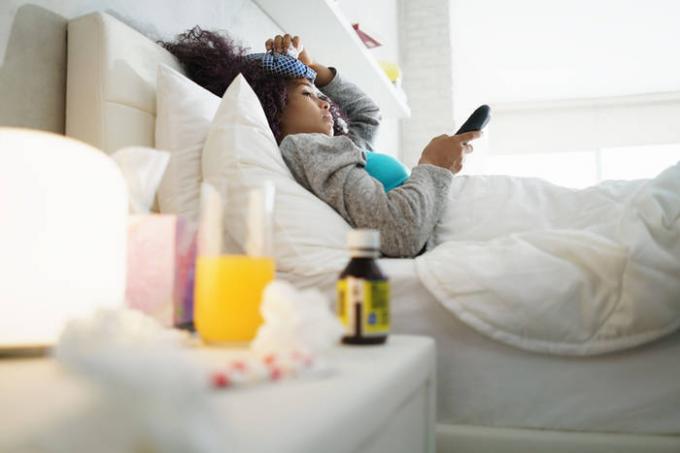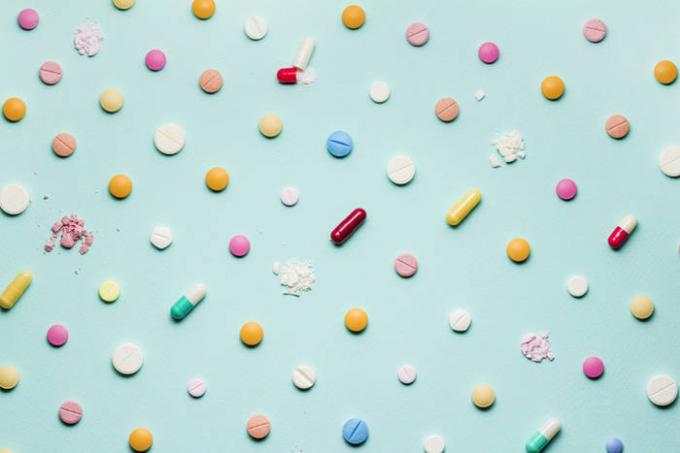Home first aid kit is in every house - and most of it a mess. Tells how to simplify your life, equipped with a first aid kit for a single-student child.
Why make a separate first-aid kit for your child?
Keep children's medicines from adults need for basic amenities. It is easier to conduct an audit of what is missing, in which drugs expiration date, and no risk to confuse children's medication with adults, especially if it's the same tool with a difference in the dosage of the active substances. Check the expiry date of medicines in children's medicine cabinet is necessary at least once every six months.
In case of need do not have to guess - who subscribed to this medication, and whether to give it to a child - all children's medication must be in a separate medicine cabinet.

When a child is sick and medicines are constantly on hand, do not leave them unattended and constantly try to remove from access to the zone.
How to equip a first aid kit for the student?
In the children's medicine cabinet must be means for treating woundsAs children run, jump, and actively learn about the world is constantly faced with injuries:
- medical washing antiseptic for wounds;
- hydrogen peroxide;
- adhesive plaster - a regular and bactericidal;
- Sterile bandages (wide and narrow);
- means from burns;
- gels, ointments or creams for wound healing, anti-edema, anti-itch.

What kind medicine should always be in the children's medicine cabinet:
- antipyretics based on paracetamol or ibuprofen (syrups, suppositories, tablets, depending on age);
- means for oral rehydration (vomiting and diarrhea, poisoning);
- sorbents;
- allergy medications (to help with insect bites);
- vasoconstrictive drops (strictly follow the instructions and dosage).

- antibiotics "just in case" - do not risk the health of the child, engaging in self-medicate;
- medications for adult or an adult dose - play doctor can be children, but not adults, without an appointment pediatrician do not give medicines, which are not intended for children;
- up to 15 years old are prohibited from taking drugs based on aspirin or Metamizole because of serious complications.
Remember, if your child became very sick stomach - you need to call an ambulance and do not attempt to remove the pain medication.
You will be interested to know 5 simple ways to save on drugs.


